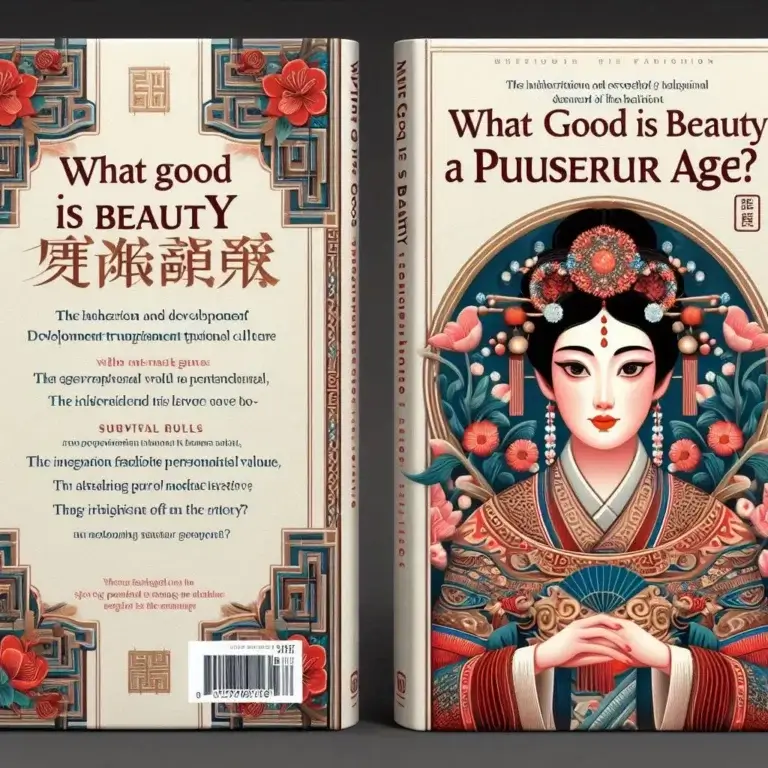Therefore, over the years, Yi Wang has been “protected” by these Jinyiwei. From the looks of it, Yi Wang will continue to be “protected” until the end of time, until the seas run dry and the rocks crumble.
Wan Zhen’er still stood at the gate of Yi Wang’s residence, staring unblinkingly at him.
Their eyes met.
Suddenly, Wan Zhen’er’s heart began to beat rapidly, with an irregular rhythm. A mysterious joy and excitement began to grow in her blood, a wonderful, tingling, intoxicating feeling. Wan Zhen’er felt a small flame in a hidden part of her chest, fiercely licking her heart.
After finishing “Zhi Hu Zhe Yi”, Yi Wang took a break and began searching all over the room for Wan Zhen’er. Unable to find her, he ran to the door to look around. Seeing Wan Zhen’er from a distance, he rushed towards her, calling out, “Auntie! Auntie!”
Wan Zhen’er hugged him and said lovingly, “Auntie is here.”
“
Yi Wang asked, “Auntie, what are you doing here?”
Wan Zhen’er blushed slightly and said, “Nothing.”
As Wan Zhen’er held Yi Wang’s small hand and entered the residence, she turned back and looked at the handsome man again. He was still looking at Wan Zhen’er. Seeing her look at him, he purred his lips with a half-smile, his handsome face slightly raised.
Wan Zhen’er lowered her head, unable to suppress a soft smile.
That night, Wan Zhen’er dreamed a dream she hadn’t dreamed in a long time.
The only difference was that the handsome man in white riding a white horse was replaced by the face of the handsome Jinyiwei. He held a rose, knelt before Wan Zhen’er, and asked, “Wan Zhen’er, will you marry me as your husband? Live together? Whether in sickness or health, poverty or wealth, beauty or plainness, success or failure, will you love me, comfort me, respect me, protect me? And be faithful to me throughout our lives?”
In the dream, Wan Zhen’er answered loudly and clearly, “I do.”
Of course Wan Zhen’er was willing. Why wouldn’t she be?
A few days later, Wan Zhen’er couldn’t help but run outside to look around.
She saw him again.



